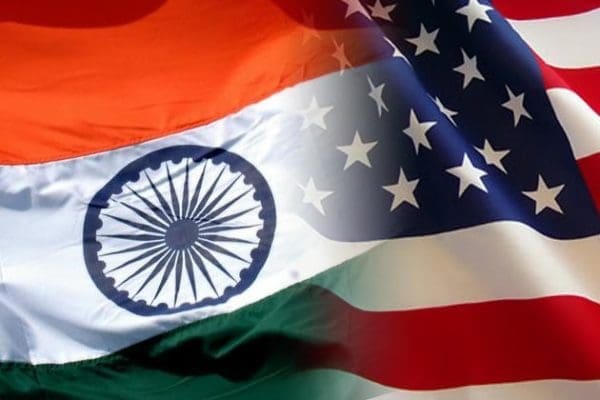New Delhi will likely approach the United States Trade Representative (USTR) with a request to drop the proposed ‘retaliatory’ taxes, or tariffs, applicable to shipments of some Indian products to the US.
This comes days after the USTR proposed a retaliatory trade action — of up to 25% tariffs on basmati rice, sea foods and gold — against India for imposing equalisation levy on certain American companies.
The US has objected to India unilaterally slapping an equalisation levy of 2% on digital transactions of multinationals that are outside the ambit of tax treaties.
American companies including Google, Facebook, Amazon and Apple are the most affected by India’s equalisation levy.
“In January, we found that the DSTs (digital service taxes) adopted by Austria, India, Italy, Spain, Turkey, and the United Kingdom were subject to action under Section 301 because they discriminated against U.S. digital companies, were inconsistent with principles of international taxation, and burdened U.S. companies,” the USTR said earlier in a statement.
The government this year has expanded the scope of the equalisation levy—imposed on cross border digital transactions in 2016 in a bid to tax internet giants’ digital advertising revenues from India—to include any purchase by an Indian or India-based entity through an overseas ecommerce platform.
USTR estimates that India earned $55 million through levying the new equalisation levy at 2%.
Estimates vary Industry trackers in India do not agree with this figure and said that the actual collections could be at least four to five times the USTR estimate.
“What is surprising is the estimate of the DST to be collected by India as per the USTR. If this is indeed a correct estimate, it doesn’t even need any action from the US since it is inconsequential in the scheme of things. Again, for India the tariffs on certain exports is not as much about the immediate impact but how this could set a precedent should the estimate by USTR change based on actual collections of the equalisation levy at a later point.” said Ajay Rotti, Partner, Dhruva Advisor.
India’s addition to equalisation levy is also set to impact several multinationals besides the digital majors.
Even physical goods including laptops to automobile and heavy industrial equipment to packaged goods – everything imported into India by subsidiaries of foreign companies – could attract equalisation levy after a recent amendment to the finance bill.
The government recently said that only companies that have a permanent establishment in India would be outside the gamut of equalisation levy—a 2% tax applicable on gross revenue.
The OECD’s (Organisation for Economic Co-operation and Development) plan to tax large corporations across jurisdictions could have a new twist after the election of Joe Biden as president.
The important question is whether the US would change its stand on the issue, say experts.
Under the Base Erosion and Profit Shifting (BEPS) framework, large economies—barring the US—have come together to tax the global income of digital companies.
The US had refused to be part of BEPS claiming that it largely targets American multinationals such as Apple, Amazon, Facebook and Google.
OECD had been trying to bring large economies on one page under the BEPS framework.
The issue, say industry trackers, could involve a sum upwards of $ 100 billion.
Most of the large digital giants have created a maze of companies across the world as part of their tax planning. This also means that they don’t pay domestic taxes in several jurisdictions as per the liking of the local governments.
ET on October 13 wrote that Google, Facebook, Amazon, LinkedIn and Netflix could face larger domestic tax liability after OECD postponed a common tax framework for global economies, a move that will allow countries like India to go ahead with their own plans to tax the digital giants.

